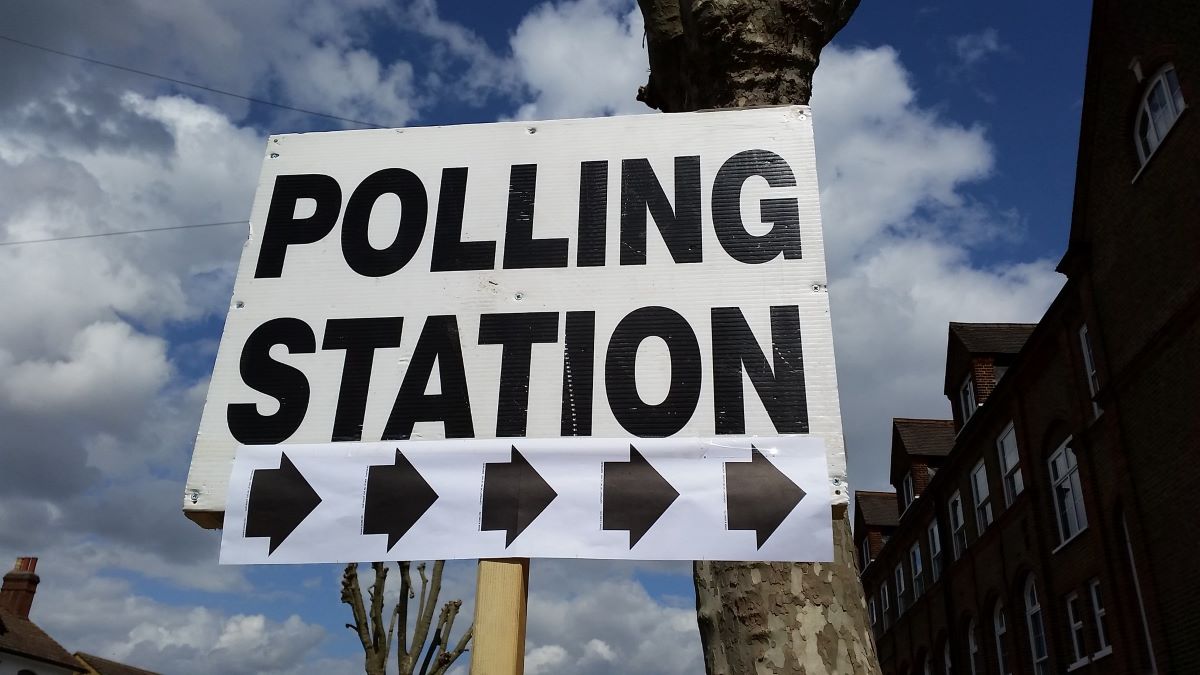Skip Sweet Treats to Avoid Holiday Blues
Consuming too many sugar-laden treats during the holiday season has been linked to various metabolic, inflammatory and biological processes associated with depression
If you want to experience true holiday cheer, you might want to skip the caramel corn, snowman cookies and other holiday sweets this year. A study published in January 2020 in the journal Medical Hypotheses reminds Christmas revelers of the dangers of excessive sugar.[i]
It suggests that eating added sugars can set off metabolic, inflammatory and neurobiological processes that are ultimately connected to depression.
These sweet treats, coupled with reduced sunlight exposure in the winter and resulting changes in sleep patterns, create a “perfect storm” that negatively affects mental health. Worse, the symptoms of “winter-onset depression” could lead people to indulge in, what else, more sweets.
The Depressing Truth About Holiday Sweets
The researchers analyzed a wide range of studies on the physiological and psychological impacts of sugar consumption.[ii] Their research includes the Women’s Health Initiative Observational Study, the NIH-AARP Diet and Health Study, a study of Spanish graduates as well as studies of Australian and Chinese soft drink users.
Summarizing the existing research on sugar consumption and depression, they concluded that the literature supports the “depressogenic” impact of added sugars in the diet, finding that inflammation is one reason why eating sugar may lead to depression and proposing a better understanding of the link to help develop new therapies against depression.
They likened consuming high amounts of sugar to excess alcohol intake, along with its consequent physical and mental harms.
“Alcohol is basically pure calories, pure energy, non-nutritive and super toxic at high doses. Sugars are very similar. We’re learning when it comes to depression, people who optimize their diet should provide all the nutrients the brain needs and mostly avoid these potential toxins,” said Stephen Ilardi, study author and associate professor of clinical psychology at the University of Kansas, in a news release.[iii]
The Sugar-Inflammation Factor
Sugars are known to have an inflammatory effect on the body and brain. A large number of people with depression also have high levels of inflammation, Ilardi said, where inflammatory hormones can directly push the brain into a severely depressive state.[iv]
Also potentially contributing to depression is sugar’s impact on the microbiome, where the human body hosts more than 10 trillion microbes affecting its well-being. Many “bad” bacteria or harmful microbes thrive on added sugars, potentially creating chemicals that push the brain into a state of stress, anxiety and depression.
“They’re highly inflammatory,” Ilardi added, suggesting a minimally processed diet filled with plant-based foods and omega-3 fats for an optimum mental state.[v]
The researchers also cautioned against sugar cravings as a common trait of winter-onset depression, where people tend to crave carbs and benefit from the initial mood boost of sugar. This makes the sweet substance a source of temporary emotional lift. In high doses, however, sugar can worsen mood, increase inflammation and lead to weight gain.
But how much sugar is all right? The American Heart Association guideline is no more than 25 grams of added sugars every day for women and 36 grams for men, but when it comes to added sugars, the less you consume, the better.
The Bane of Excess Sugar Consumption
High sugar consumption has been found in studies to have other adverse effects, including the following:
- Adverse effects on spatial learning and memory[vi]
- Increased cardiovascular risk, including stroke and heart attack[vii]
- Increased risk for being overweight or obese in young children[viii]
- A pattern of autoimmunity with sugar intake, including repeated observations of enthesitis and arthritis symptoms after sugar intake[ix]
- A shorter lifespan in fruit flies fed a high-sugar diet,[x] which may have implications for human aging
Sugar has a particularly pernicious effect on the brain. The mechanisms are complex, but when you consume excessive sugars, your blood sugar levels increase, which can lead to insulin resistance and Type 2 diabetes.[xi] This creates inflammation, causing your brain’s health to weaken.
You can learn more about the wide-ranging effects of a high-sugar diet on health and well-being through studies found on the GreenMedInfo.com database.
Republished from GreenMedInfo.com
References
[i] Reis D et al “The depressogenic potential of added dietary sugars” Med Hypotheses. 2020 Jan. https://doi.org/10.1016/j.mehy.2019.109421 [ii] Reis D et al “The depressogenic potential of added dietary sugars” Med Hypotheses. 2020 Jan. https://doi.org/10.1016/j.mehy.2019.109421 [iii] Eurekalert.org December 12, 2019 https://www.eurekalert.org/pub_releases/2019-12/uok-wta121219.php [iv] Eurekalert.org December 12, 2019 https://www.eurekalert.org/pub_releases/2019-12/uok-wta121219.php [v] Eurekalert.org December 12, 2019 https://www.eurekalert.org/pub_releases/2019-12/uok-wta121219.php [vi] Abbott K et al “The effect of high fat, high sugar, and combined high fat-high sugar diets on spatial learning and memory in rodents: A meta-analysis” Neurosci Biobehav Rev. 2019 Aug 24. Epub 2019 Aug 24. [vii] Narain A et al “Soft drinks and sweetened beverages and the risk of cardiovascular disease and mortality: a systematic review and meta-analysis” Int J Clin Pract. 2016 Jul 25. Epub 2016 Jul 25. [viii] Quah P et al “Associations of sugar sweetened beverage intake at ages 18 months and 5 years with adiposity outcomes at age 6 years: The Singapore GUSTO mother-offspring cohort” Br J Nutr. 2019 Sep 3:1-25. Epub 2019 Sep 3. [ix] Moling O et al “Sugar and the Mosaic of Autoimmunity” Am J Case Rep. 2019 Sep 15 ;20:1364-1368. Epub 2019 Sep 15. [x] Dobson A et al “Nutritional Programming of Lifespan by FOXO Inhibition on Sugar-Rich Diets” Cell Rep. 2017 Jan 10 ;18(2):299-306. [xi] De la Monte S et al “Alzheimer’s Disease Is Type 3 Diabetes-Evidence Reviewed” J Diabetes Sci Technol. 2008 Nov; 2(6): 1101-1113. Epub 2008 Nov.
" Conservative News Daily does not always share or support the views and opinions expressed here; they are just those of the writer."






